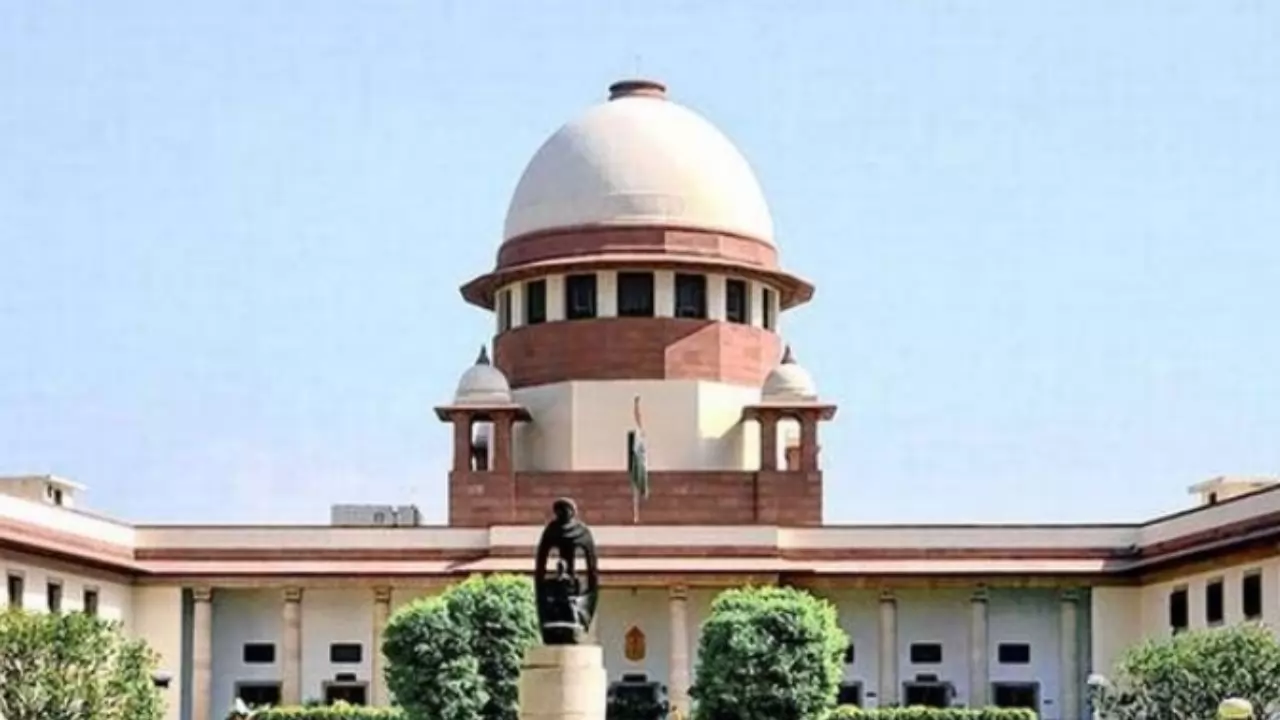
ANI
Electoral Bonds Case: The Supreme Court Bar Association (SCBA) found itself in turmoil as its chief, Adish C Aggarwala, penned a letter to President Droupadi Murmu, urging her to seek a presidential reference on the recent Supreme Court judgment concerning the electoral bonds scheme. However, the executive committee of the SCBA distanced itself from Aggarwala's letter, condemning it as an attempt to undermine the authority of the Supreme Court.
In his letter to President Murmu, SCBA Chief Aggarwala raised concerns about the potential repercussions of revealing the names of corporate entities that contributed to political parties through electoral bonds. He argued that such disclosure could expose corporations to victimization and harassment from parties that received lesser contributions. Aggarwala advocated for a presidential reference to ensure comprehensive hearings and justice for all stakeholders involved, including the Parliament, political parties, corporates, and the public.
Aggarwala invoked Article 143 of the Constitution, which confers advisory jurisdiction on the Supreme Court and empowers the President of India to seek consultation from the apex court.
In response to the ongoing debate, the Supreme Court issued directives to the State Bank of India (SBI) to disclose details of electoral bonds encashed by political parties to the Election Commission by March 12. The court warned of potential consequences for "willful disobedience" if the SBI failed to comply with the deadlines. Additionally, the court ordered the EC to publish the shared information on its official website by March 15.
Earlier, on February 15, a five-judge constitution bench, headed by Chief Justice DY Chandrachud, delivered a landmark verdict scrapping the Centre's electoral bonds scheme. The scheme, which permitted anonymous political funding, was deemed unconstitutional. The court mandated the disclosure of donors, donation amounts, and recipients by March 13, marking a significant step towards transparency in political financing.
The controversy surrounding the electoral bonds case underscores the complexities and importance of transparency in political funding. As stakeholders navigate legal and constitutional frameworks, the role of institutions like the Supreme Court and the President remains crucial in upholding democratic principles and ensuring accountability in governance.





Copyright © 2025 Top Indian News
